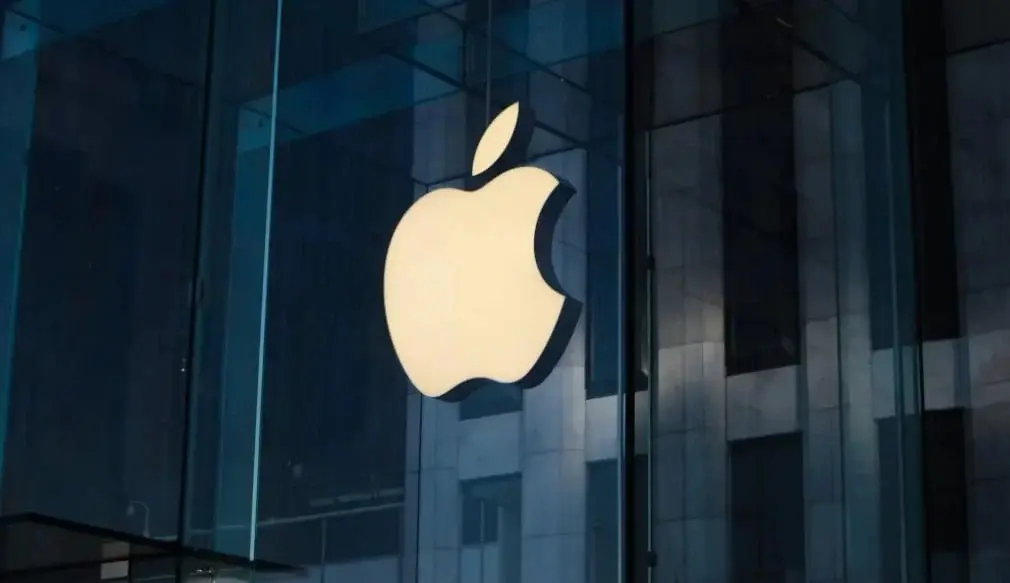The US government, in collaboration with the European Union, has made a significant move against Apple, alleging that the tech giant maintains an unlawful monopoly within the smartphone market. The Justice Department, supported by 16 states, has initiated legal action disputing Apple's practices that tightly control the iPhone ecosystem. Authorities claim that Apple's actions stifle competition by restricting app functionalities, limiting communication between iPhones and Android devices, and impeding the integration of third-party smartwatches and digital wallets. These practices are purported to confine users within the iPhone ecosystem, resulting in inflated prices for both consumers and developers.
Challenging Apple's Tactics
The lawsuit aims to dismantle these restrictive practices, advocating for a more open environment in the mobile industry. It seeks to prevent Apple from constraining app distribution in a manner that discourages users from transitioning to other platforms. Ultimately, the objective is to halt the deployment of strategies that hinder the functionality of competing devices, thereby loosening Apple's stronghold over the app store.
Emphasizing Competition and Innovation
Despite Apple's substantial power and resources, the legal battle between Apple and the authorities underscores the importance of safeguarding competition and fostering innovation. This move follows similar regulatory actions against tech giants like Google and underscores a renewed commitment to overseeing the activities of these industry behemoths. For a long time, app developers have criticized Apple's dominance within the iOS marketplace, particularly concerning the fees imposed on the app store. The lawsuit echoes findings from a 2020 Congressional report that highlighted Apple's monopoly in iOS app distribution.
Significance of the Lawsuit
In light of Europe's proactive stance in regulating Big Tech, this legal action against Apple carries significant weight. The forthcoming months will be pivotal as the DOJ endeavors to cultivate a more open landscape in the mobile sector, potentially laying the groundwork for the implementation of comparable regulations in the US. These regulatory measures could potentially corner Apple into making substantial adjustments to its practices.


Leave a Reply